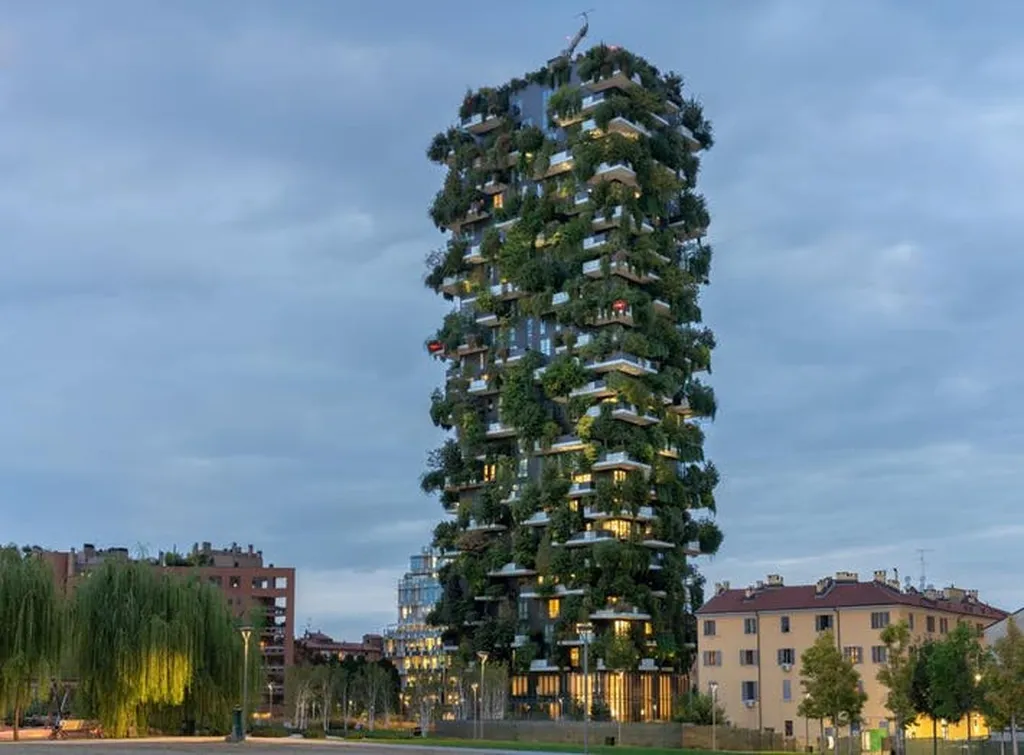In the heart of China, at Nanjing University, a team of researchers led by Lin Ma from the State Key Laboratory of Pollution Control and Resource Reuse is redefining the future of agriculture. Their work, recently published in *Frontiers of Agricultural Science and Engineering* (translated as *前沿农业科学与工程*), is not just about growing crops; it’s about transforming the entire agricultural system to meet the demands of a growing population and a changing climate.
Agriculture is at a crossroads. For decades, the focus has been on maximizing food production, often at the expense of the environment. But as climate change and resource depletion become increasingly pressing issues, the need for a more sustainable approach has never been greater. “We can’t just focus on yield anymore,” says Ma. “We need to think about the entire system, from the soil to the supermarket, and how we can make it more efficient and sustainable.”
The traditional approach to agricultural research has been siloed, focusing on single processes and specific disciplines. But Ma and his team argue that this is no longer sufficient. Instead, they propose a multi-objective approach that integrates interdisciplinary research and advocates for a combined top-down and bottom-up strategy.
The top-down approach sets clear targets for yield and environmental thresholds, aligning with national objectives for food security, resource use efficiency, and ecological sustainability. This method determines the necessary technical systems and integration methods. Meanwhile, the bottom-up approach, based on what they call a “Science and Technology Backyard,” analyzes the factors that constrain high crop yields and efficiency, developing systematic methods to achieve both.
This innovative approach is not just about growing more food; it’s about growing food more efficiently and sustainably. By integrating technological advancements and optimizing the entire agricultural system, the researchers aim to enhance overall crop production, environmental sustainability, and efficiency.
The implications for the energy sector are significant. As the world shifts towards renewable energy, the demand for sustainable biofuels is set to rise. This research could pave the way for more efficient and sustainable biofuel production, reducing our reliance on fossil fuels and mitigating climate change.
Moreover, the integrated agricultural research approach can simultaneously address food security challenges, enhance resource use efficiency, and protect environmental sustainability. This is essential for advancing sustainable agricultural practices in the face of increasing global demands and environmental concerns.
As Ma puts it, “We’re not just talking about the future of agriculture; we’re talking about the future of our planet.” And with this groundbreaking research, they’re well on their way to shaping that future.

